Two-day Virtual Event on Zoom
Thursday, April 27th
Friday, April 28th
Call for Proposals
Proposals are due by February 28th. Presentations will be 60 minutes long along with an extra 15 minutes for questions and answers (total 75 minutes). You will be notified by the committee regarding the acceptance of your proposal by March 10th. For questions, please email Tania Kalaitzidis at akalaitzidis@qcc.cuny.edu. To submit a proposal, please fill out the Call for Proposals form.
Accessibility and assistive technology have come a long way since the Americans with Disabilities Act. We have seen incredible advances as technology continues to evolve, however constant technological change opens doors to not just new possibilities, but new challenges as well.
Three years after the start of an unprecedented pandemic and resultant transitions nationwide, we are asking, “What comes next?” The conference theme for 2023 is The Future of Accessibility. With this theme we hope to reflect topics such as eLearning, assistive technology, and asking what higher ed means by “going back to normal” in a late-pandemic world.
reflect topics such as eLearning, assistive technology, and asking what higher ed means by “going back to normal” in a late-pandemic world.
We invite proposals for engaging presentations that will foster meaningful discussion on topics including, but not limited to:
- The future of accessibility in an eLearning world
- The evolution of accessibility and assistive technology
- Accidental Universal Design
- Promoting and facilitating accessibility across all institutional functions
- Online workforce in higher ed
- EDI, JEDI, and DEIA
- Knowing who we serve
- Organizing and advocating remotely
- Tools and methods for tracking accessibility
- The role of creativity in achieving accessibility
- Perils and promise of the virtual environment
- Online learning & HyFlex
- Embracing and reluctance to eLearning and hybridity
- Utopias and dystopias of higher ed
- New barriers, new solutions, new innovations
- Rethinking, reevaluating, and reimagining
- “It’s not just about COVID anymore”
We are particularly interested in detailed proposals for presentations that:
- seek to engage the audience via remote platforms (discussions, breakout rooms, surveys/polls, collaborative tools, etc.)
- feature cross-disciplinary work
